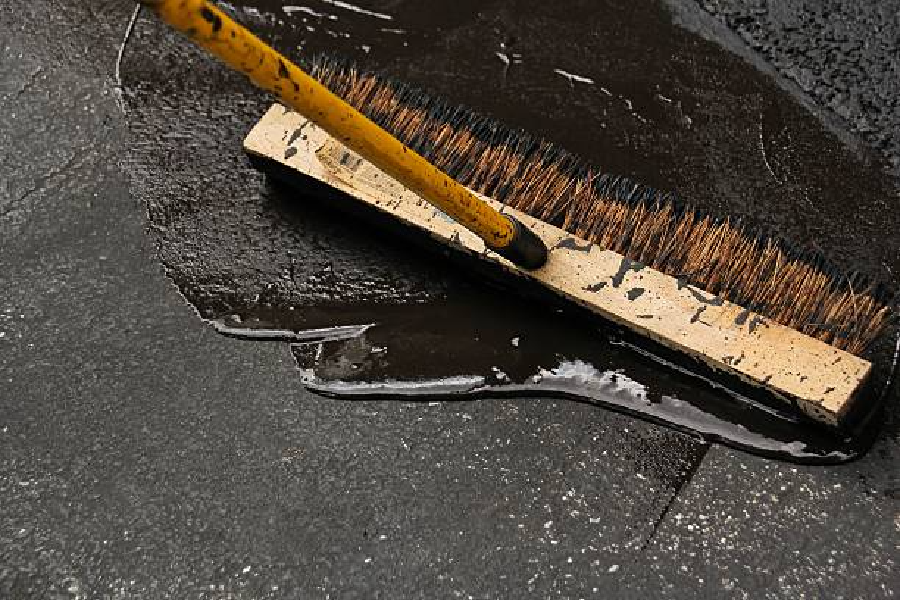When it comes to homeownership, there are a variety of maintenance tasks that come along with it. Sealing your asphalt driveway is one of the most important. When you seal your asphalt driveway, you protect it from the weather and help it last longer. Though, with any task, there are pros and cons. Here’s everything you need to know about sealing your asphalt driveway with Hickory Asphalt Paving.
The Benefits of Sealing Asphalt Driveways
When done correctly, sealing your asphalt driveway can provide numerous benefits.
First and foremost, it helps protect the driveway from wear and tear caused by extreme weather conditions such as rain, snow, ice, sunlight, and more. Its added protection helps preserve the structure of the asphalt, which upholds its appearance and integrity for years to come. By sealing your asphalt driveway regularly every two to three years, you will make sure that it looks great for many years down the line.
Furthermore, sealing your asphalt also makes cleaning up spills easier because water doesn’t seep into cracks or pooled areas on the surface of the pavement. It also keeps oil from absorbing into the concrete, which can create unsightly stains or cause corrosion over time. Meanwhile, sealcoating additionally offers a non-slip texture, making walking on driveways safer in wet conditions or for someone who is elderly or incapacitated.
Lastly, sealcoating can help minimize noise from traffic which is quite beneficial when living closer to a busy street or intersection without sacrificing privacy due to visual barriers like tall bushes or fences blocking viewpoints into a residential area’s yard space.
The Drawbacks of Sealing Your Asphalt Driveway
As mentioned before, with any project, there are negatives associated with them as well. When it comes to driveway sealing, there are a few drawbacks to consider before moving forward:
- Cost – applying sealcoat isn’t cheap, so if budgeting is an issue, this may not be something that’s feasible at present;
- Risk – the improper application can lead to water accumulating underneath, causing frost heaves & damage, leading to expensive repairs;
- Time – since the sealcoat needs time to dry depending on the temperature outside, it could take one day up to a week for proper curing;
- Health hazards – because chemicals are used in this process, necessary precautions must be taken in order for people and pets not to get sick due to fumes or coming in contact with residue;
- Environmental effects – Another potential downside could be environmental pollutants created during the application. Still, modern seal coats don’t create hazardous air pollutants and should meet EPA standards when properly applied, according to statistics provided by Industry leaders like Hickory Asphalt Paving.
Deciding Whether To Seal or Not
Whether you choose not to or not, having an adequately sealed paved area like an asphalt driveway will surely affect its longevity, so deciding whether this method of maintenance is right for you should depend upon how often you plan on driving on such surfaces during all four seasons (or just certain ones).
Taking all these considerations into account while working alongside industry experts like Hickory Asphalt Paving will help you make an informed decision based upon what works best within budgeting parameters while providing the maximum benefits gained over time through the regular upkeep associated with such services professionally provided throughout North Carolina.
If you are considering driveway sealing, contact Hickory Asphalt Paving for our driveway sealcoating services. We are experts in asphalt paving maintenance services such as sealcoating, line striping, repairs, crack filling, and more. With experienced paving contractors, we’ll be able to help you get your project done right the first time. Contact us today to find out more information about our services and how we can help you with your next asphalt project.

